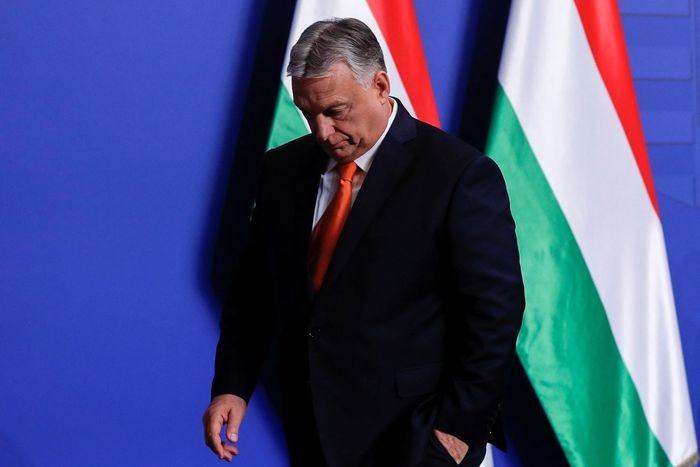 |
| Behind Hungary's reluctant nod, is there an 'undercurrent storm' within the EU? In photo: Hungarian Prime Minister Viktor Orban. (Source: WSJ) |
“Another wrong decision by the EU”
Hungarian Foreign Minister Peter Szijjarto has said that Budapest will not veto the 13th package of EU sanctions against Russia. "There is no reason to veto. Although I think the EU continues to make the wrong decision," Mr. Szijjarto said.
Mr. Peter Szijjarto further affirmed that the EU's imposition of further sanctions on Russia is pointless and will only harm the bloc's economy.
The Financial Times reported earlier that at a meeting of EU ambassadors on February 14, Hungary remained the only country that did not support a new package of sanctions targeting nearly 200 individuals and organizations from Russia, China and other countries believed to be helping Moscow in its military conflict with Ukraine. According to the news agency, Hungary blocked the new package of sanctions due to the presence of Chinese companies on the list.
However, on February 19, at an official meeting of the EU Foreign Affairs Council organized by Brussels, Hungary did not veto the new sanctions package - the 13th package of sanctions imposed by the EU against Russia.
On his personal Facebook page, the Hungarian Foreign Minister wrote that the Foreign Ministers of the 27 EU member states discussed the 13th package of sanctions against Russia, which is expected to be applied on February 24 - the second anniversary of Moscow's special military operation in Ukraine.
In the new sanctions package, the EU has targeted 193 individuals and legal entities. Most of them are Russian, but the restrictions are expanded, potentially affecting individuals and entities from Belarus, China, India, Türkiye and North Korea.
Notably, for the first time since the escalation of the Russia-Ukraine conflict, Asian companies, including three Chinese and one Indian, have been added to the sanctions list. The four Asian entities were accused by Brussels of helping Moscow evade EU restrictions, mainly by supplying it with reusable parts for use in drones and other weapons systems.
Meanwhile, with Hungary's "nod", the 13th package of EU sanctions against Russia has finally been agreed upon by member states and is expected to be approved by the European Parliament at the end of February.
Hungary has maintained a neutral stance since the escalation of Russia-Ukraine tensions in February 2022. Budapest has condemned Moscow’s military actions, sought to limit arms supplies to Ukraine, and called for a diplomatic solution to the crisis. Hungarian leaders have repeatedly stated that sanctions are hurting the EU more than Russia.
Will the Hungarian economy be hit?
As with previous EU sanctions against Russia, observers had expected Hungary – an EU member state that is considered pro-Russian and has been critical of restrictions on Russia and military aid to Ukraine – to vote against the sanctions. But that did not happen, so what is behind Budapest’s unexpected decision?
Observers commented that Brussels' "bargaining chip" may be effective again, as previously, at the EU Summit (February 1), it helped the EU succeed - finalizing an additional aid package of 50 billion Euros for Ukraine, ending weeks of being stuck due to the opposition of Hungarian Prime Minister Viktor Orban.
Despite being an EU member, Hungary’s ties with the EU have been less strong than they have been in the past 10 years. On February 1, under pressure from EU leaders, Mr. Orban did not spend time talking to the press when attending the Summit, instead posting on social network X a picture of himself walking around tractors in front of a farmers’ protest in Brussels (Belgium) that same day.
Earlier, on January 29, the FT published an article revealing that Brussels could use its “bargaining chip” to threaten to “attack” the Hungarian economy if Prime Minister Orban decided to veto new aid to Ukraine. The EU’s strategy is to create fear among investors in the Hungarian economy, by cutting off funding to Budapest in exchange for the country’s “nod” to a 50 billion Euro aid package for Ukraine from the EU budget.
Brussels' plan marks a significant escalation within the EU, particularly with its most pro-Russian member state, the FT article commented.
In a document drafted by EU officials, Brussels outlined a “secret plan” that explicitly targeted Hungary’s economic weaknesses, jeopardizing its currency and causing investor confidence to collapse, in an effort to damage “jobs and growth” if Budapest refused to lift its veto against the aid plan for Kiev.
Prime Minister Viktor Orban has long been determined to block the EU from using its common budget to provide 50 billion euros ($54 billion) in aid to Ukraine, citing a lack of mechanisms to control how Kiev uses the money. Orban has also argued that EU countries should use their own national funds to aid Kiev, rather than using the bloc’s common funds.
In contrast, Brussels said that if Hungary did not back down, other EU leaders should publicly announce a permanent cut to all EU funding to Budapest, with the aim of destabilizing markets, fueling a fall in the forint and raising the economy's borrowing costs.
The EU document makes clear that, without EU funding, “financial markets and European and international companies may become less interested in investing in Hungary”. Such a penalty “could quickly lead to a further increase in the cost of financing the public deficit and a fall in the value of the currency”.
Before February 1, Hungary’s EU Minister János Bóka said, “Hungary does not establish a link between its support for Ukraine and its economy’s access to EU funds, and refuses to do so to others.” Budapest has and will continue to engage constructively in negotiations with the EU and will not yield to pressure.
However, the reality is that increasing pressure from the EU has forced Budapest to reach a compromise. And as other warnings are added, the chances of forcing the Hungarian government to change its mind become greater.
The document, issued by an official at the European Commission (EC), outlines Hungary's economic weaknesses - including "very high public deficits", "very high inflation", a weak currency and the highest debt-to-GDP ratio in the EU.
The document also shows that “employment and growth of the Hungarian economy are highly dependent on foreign finance based on high levels of EU funding”.
An EC spokesman said they do not comment on leaked information.
However, the "bargaining chip" has never made Brussels must be disappointed. Not only this time, the EU has also used its financial leverage to “talk” to member states before, such as Poland and Hungary over concerns about the rule of law and Greece during the Eurozone crisis.
“But an explicit strategy to undermine the economy of a member state would mark a new escalation in the bloc’s internal relations,” the FT said.
Source



![[Photo] General Secretary To Lam receives King Philippe of Belgium](https://vstatic.vietnam.vn/vietnam/resource/IMAGE/2025/4/1/e5963137a0c9428dabb93bdb34b86d7c)

![[Photo] President Luong Cuong and King Philippe of Belgium visit Thang Long Imperial Citadel](https://vstatic.vietnam.vn/vietnam/resource/IMAGE/2025/4/1/cb080a6652f84a1291edc3d2ee50f631)
![[Photo] Close-up of Vietnam's sniffer dog team searching for earthquake victims in Myanmar](https://vstatic.vietnam.vn/vietnam/resource/IMAGE/2025/4/1/d4949a0510ba40af93a15359b5450df2)
![[Photo] Prime Minister Pham Minh Chinh meets with King Philippe of Belgium](https://vstatic.vietnam.vn/vietnam/resource/IMAGE/2025/4/1/be2f9ad3b17843b9b8f8dee6f2d227e7)



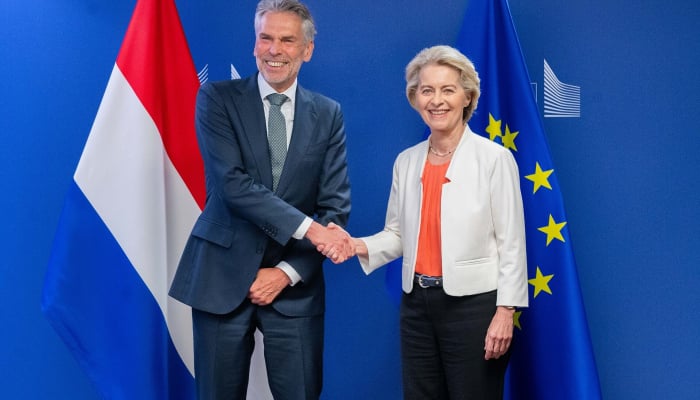
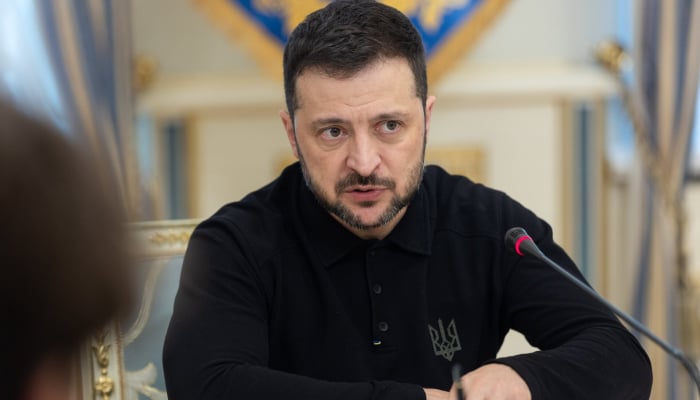

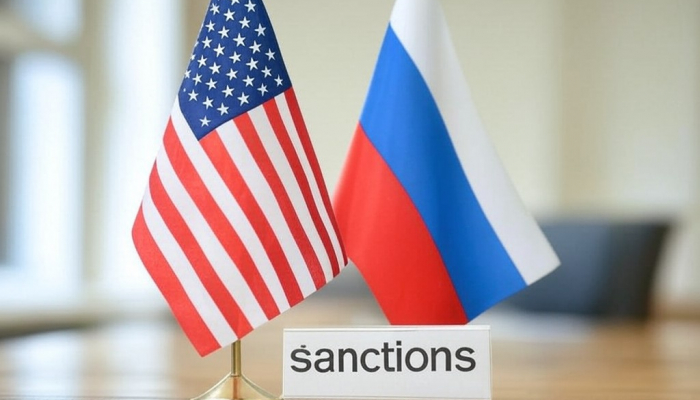

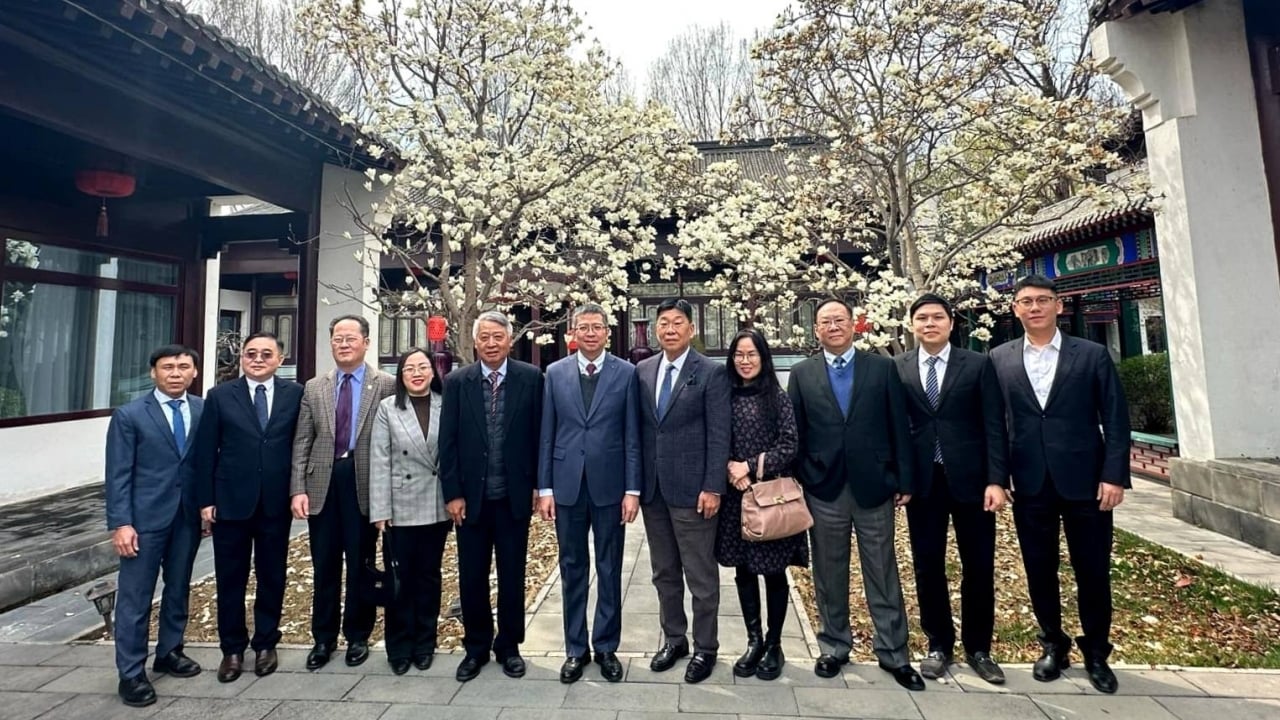



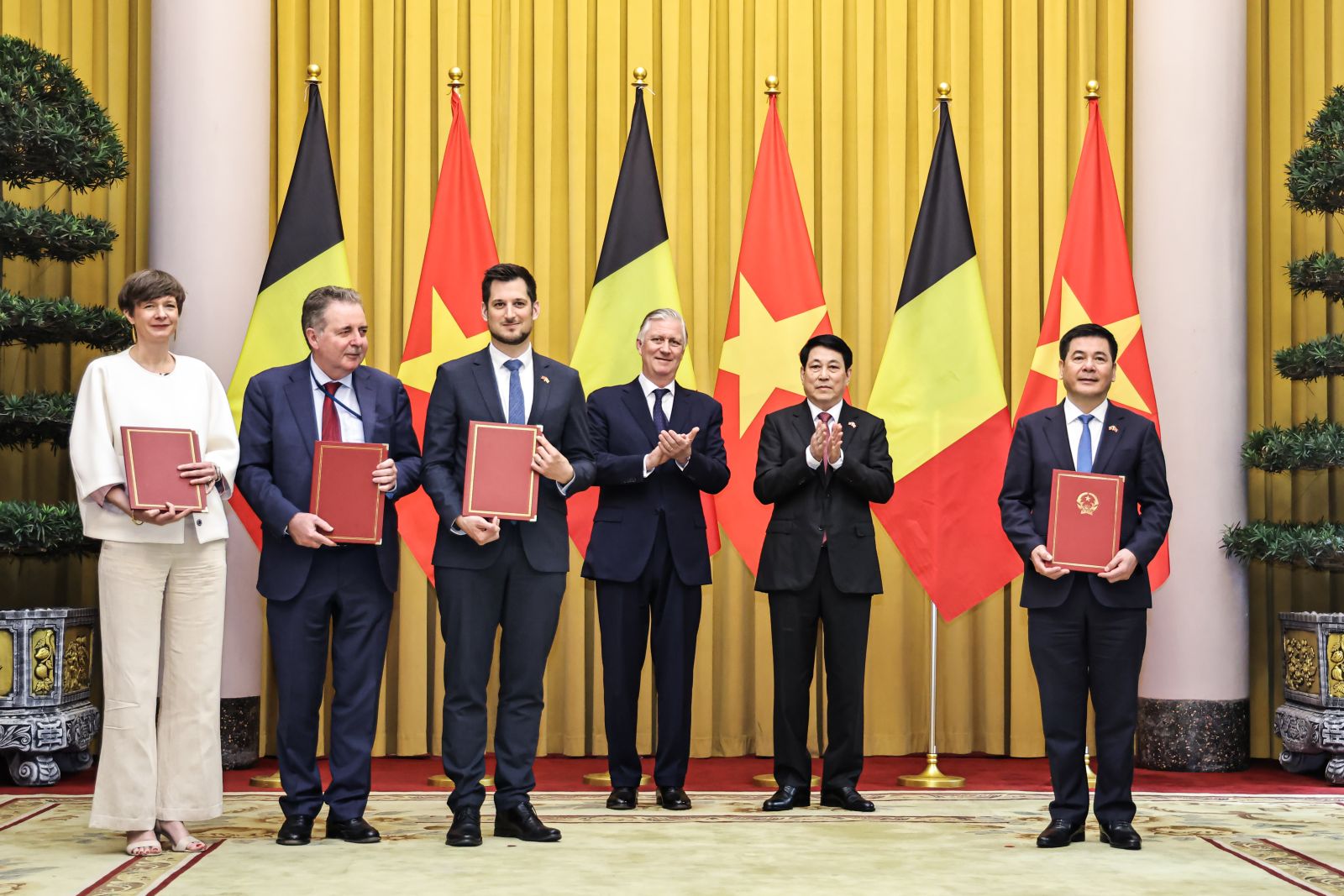































































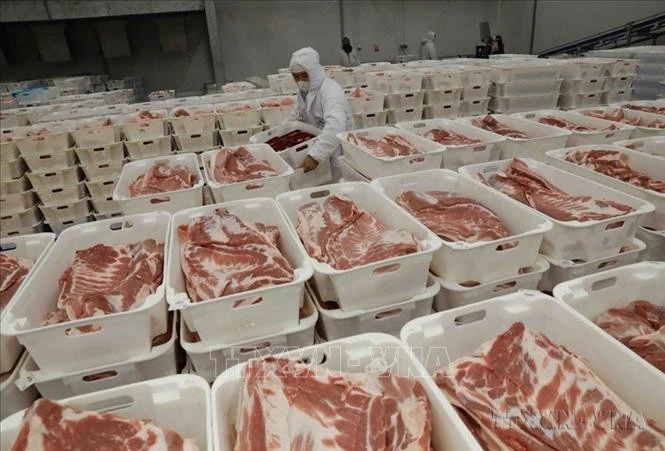













Comment (0)